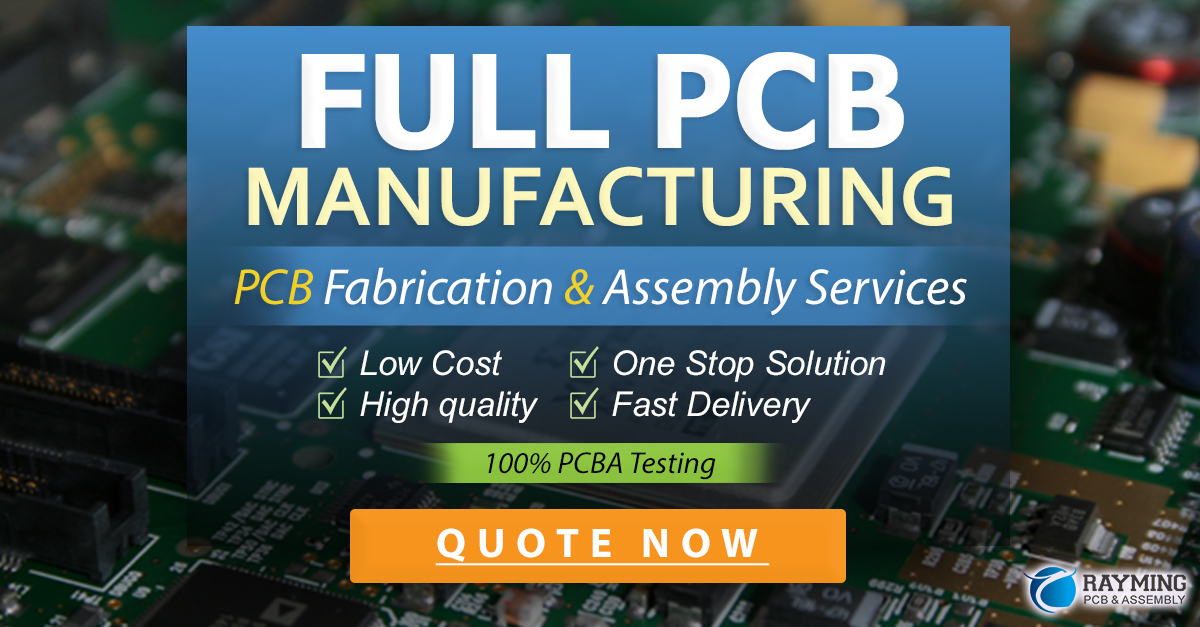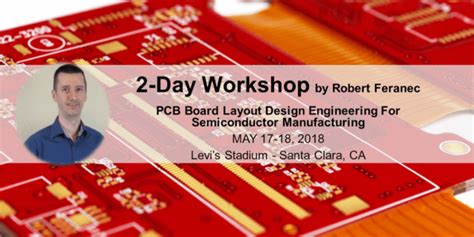Introduction to PCB Workshops
PCB workshops are becoming increasingly popular among electronics enthusiasts, hobbyists, and professionals alike. These workshops provide hands-on experience in designing, fabricating, and testing printed circuit boards (PCBs). Participants gain valuable knowledge and skills that can be applied in various fields, such as robotics, IoT, and embedded systems.
Benefits of Attending PCB Workshops
Attending PCB workshops offers several benefits, including:
- Learning from experienced instructors
- Networking with like-minded individuals
- Gaining practical experience in PCB design and fabrication
- Exploring new technologies and trends in the electronics industry
Types of PCB Workshops
There are various types of PCB workshops catering to different skill levels and interests:
Beginner-level PCB Workshops
These workshops are designed for individuals with little to no experience in PCB design and fabrication. Participants learn the basics of PCB design software, component selection, and soldering techniques. Some popular beginner-level workshops include:
- Introduction to PCB Design using KiCad
- PCB Fabrication Techniques for Beginners
- Soldering 101: Tips and Tricks
Advanced-level PCB Workshops
Advanced-level workshops cater to individuals with prior experience in PCB design and fabrication. These workshops focus on more complex topics, such as high-speed PCB design, EMI/EMC considerations, and advanced manufacturing techniques. Some examples of advanced-level workshops are:
- High-Speed PCB Design for Signal Integrity
- EMI/EMC Considerations in PCB Design
- Advanced PCB Manufacturing Techniques
Application-specific PCB Workshops
Some workshops focus on specific applications or industries, such as automotive, aerospace, or medical devices. These workshops provide targeted knowledge and skills relevant to the particular field. Examples of application-specific workshops include:
- Automotive PCB Design and Testing
- PCB Design for Aerospace Applications
- Medical Device PCB Design and Compliance
Popular PCB Workshop Providers
Several organizations and companies offer PCB workshops worldwide. Some of the most popular providers include:
- PCB Design Academy
- Offers online and in-person workshops
- Covers a wide range of topics, from beginner to advanced levels
-
Provides certificates of completion
-
Altium Academy
- Focuses on Altium Designer software
- Offers online courses and webinars
-
Provides free resources and tutorials
-
PCB Workshop
- Offers hands-on workshops in various locations
- Covers PCB design, fabrication, and assembly
- Provides kits and materials for participants
| Provider | Workshop Types | Locations | Pricing |
|---|---|---|---|
| PCB Design Academy | Online, In-person | Worldwide | Varies |
| Altium Academy | Online | Online | Free – Premium |
| PCB Workshop | In-person | Various | Varies |

Choosing the Right PCB Workshop
When selecting a PCB workshop, consider the following factors:
- Skill level: Choose a workshop that matches your current knowledge and experience.
- Topic relevance: Ensure the workshop covers topics that align with your interests and goals.
- Instructor expertise: Look for workshops led by experienced professionals in the field.
- Location and format: Consider whether an online or in-person workshop is more suitable for you.
- Pricing and value: Evaluate the cost of the workshop against the knowledge and skills you will gain.
Preparing for a PCB Workshop
To make the most out of your PCB workshop experience, it’s essential to prepare adequately:
- Familiarize yourself with the workshop agenda and topics.
- Install any necessary software or tools before the workshop.
- Gather required materials, such as a laptop, notepad, and pen.
- Review basic concepts and terminology related to PCB design and fabrication.
- Prepare questions for the instructor to clarify any doubts or concerns.
Applying PCB Workshop Knowledge
After attending a PCB workshop, it’s crucial to apply the knowledge and skills you have gained. Some ways to do this include:
- Working on personal projects that involve PCB design and fabrication.
- Collaborating with other workshop participants on joint projects.
- Sharing your knowledge with others through blog posts, tutorials, or presentations.
- Participating in online forums and communities related to PCB design and fabrication.
- Continuously updating your skills by attending more advanced workshops or self-learning.
Frequently Asked Questions (FAQ)
1. Do I need prior experience to attend a PCB workshop?
It depends on the workshop level. Beginner-level workshops are designed for individuals with little to no experience, while advanced-level workshops require prior knowledge and skills.
2. Are PCB workshops expensive?
The cost of PCB workshops varies depending on the provider, location, and duration. Some workshops offer early bird discounts or group rates to make them more affordable.
3. Can I attend a PCB workshop online?
Yes, many providers offer online PCB workshops that you can attend from the comfort of your home or office. These workshops often use video conferencing tools and remote collaboration software.
4. Will I receive a certificate after completing a PCB workshop?
Most PCB workshop providers offer certificates of completion to participants who successfully finish the workshop. These certificates can be valuable for showcasing your skills and knowledge to potential employers or clients.
5. How can I find PCB workshops near me?
You can search for PCB workshops near you by checking the websites of popular providers, searching on social media platforms, or joining local electronics or maker communities. Many workshops are also advertised on online event platforms like Eventbrite or Meetup.
Conclusion
PCB workshops provide an excellent opportunity for individuals to gain hands-on experience in designing, fabricating, and testing printed circuit boards. By attending these workshops, participants can learn from experienced instructors, network with like-minded individuals, and explore new technologies and trends in the electronics industry.
When choosing a PCB workshop, it’s essential to consider factors such as skill level, topic relevance, instructor expertise, location, and pricing. Adequate preparation and post-workshop application of knowledge are crucial for making the most out of the experience.
As the demand for PCB design and fabrication skills continues to grow, attending PCB workshops can be a valuable investment in your personal and professional development. By continuously updating your skills and knowledge, you can stay ahead of the curve in this exciting and rapidly evolving field.

No responses yet